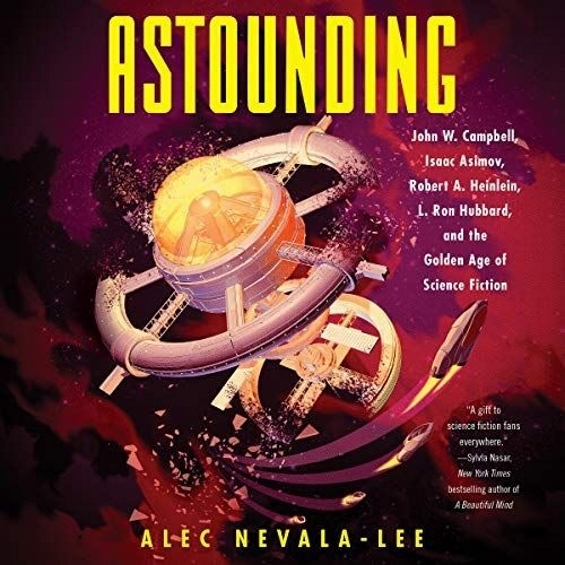
 The SFFaudio Podcast #579 – The Spy In The Elevator by Donald E. Westlake; read by Winston Tharp (for LibriVox.org). This is an unabridged reading of the short story (38 minutes) followed by a discussion of it. Participants in the discussion include Jesse, Paul Weimer, and Maissa Bessada
The SFFaudio Podcast #579 – The Spy In The Elevator by Donald E. Westlake; read by Winston Tharp (for LibriVox.org). This is an unabridged reading of the short story (38 minutes) followed by a discussion of it. Participants in the discussion include Jesse, Paul Weimer, and Maissa Bessada
Talked about on today’s show:
Galaxy, October 1961, a very good issue, Cordwainer Smith, Frederik Pohl, Fritz Leiber, Frank Herbert, Robert Bloch, Jack Sharkey, Willy Ley, a lot of engineering and planning, I love Westlake’s writing so much, reach out and kiss you, the first paragraph, that put the roof on the city, Eric S. Rabkin, “transformed language”, transforming an idiom for a science fiction setting, the opposite of Poe or Lovecraft, ornate, dense, oblique, frothy, characterization, perfect voice for it, he was dangerously insane, including my date with my girl, a post-apocalyptic dystopia that ends on a very sour note (for the reader), a nice trick he pulled, he gets over it very easily, cleavage girls, contract marriages, no-p (no progeny), p and not p, natural deductive and axiomatic logic, math for sentences and paragraphs, useless and yet…, an underlying current that’s rather deep, Philip K. Dick, The Penultimate Truth, The Defenders, leadies vs. ore-sleds, a retelling of the myth of the cave from Plato’s Republic, a metaphor for having conversations with people, Brave New World by Aldous Huxley, the mentality of the people, The Ax by Donald Westlake, a very funny sad scary book, very political, it wouldn’t have felt political at the time, artifacts, the massive trope or overpopulation, arcology, a condo, the projects, the justification for why would be reading a crime novel, he quit science fiction, Xero (magazine), very true of most science fiction writers, Joe Haldeman cant make a living at it, a sad reality of the industry, solid ideas, from a very different angle, Wool by Hugh Howey, mainstream science fiction with this wonderful aspect, Robert Sheckley, he’s poking fun at everything all along the way, delights in enjoying how ridiculous life is, makes kids enjoy science fiction, a great infodump on page 183, it flows just beautiful, a nation 200 hundred stories high, occasional spies, external dangerous lurking at the back of our minds, the ungentlemanly gentleman’s war, irony and humour, treated to such flowy goodness, the whole story’s greatness, you could make this as a student film, three or four actors, so good, an efficeny of science fiction, a real shame he quit science fiction, Doctor Killybilly, William = strength and protector, why did they do this?, our judo flipping instructor, where the outside is unknown and secretly not bad, Logan’s Run, the Fallout games, High-Rise by J.G. Ballard, The Luckiest Man In Denv by C.M. Kornbluth, why are the Russian oligarchs so much work than the Bloomberg oligarchs, can it be explained, circular, imaginary enemies, WWI (the ignoble nobleman’s war), The Westlake Review blog, WWII (the racial non-racial war), WWIII (the ungentlemanly gentleman’s war), tactical nuclear weapons, MacArthur, PlayerUnknown’s Battlegrounds, good strategy, your focus narrows, situational awareness, tunnel vision, engaged with a twitter thread, this happens to countries (not just people), they found his car, the army men, kind of incompetent, aiming the elevator at the army, starve-em-out, Edmund Rice, the right focus, his apartment is falling apart, the window doesn’t work, his single egg, rationing, chicory coffee, he cant imagine a different life, at the bottom of the apartment building, slag, it dumping of their ore car slag, piling up, if this goes on they will be buried, Idiocracy (2006), Javelin missiles sent to Ukraine, attacking Trump from the right (instead of the left), making more nukes?, if we have WWIII it will be stupid, howitzer line of sight nukes, they did it on purpose, somebody is lying, West End Games’ RPG Paranoia, it’s cool to think about, page 193, terror, horror, dizziness, do you see that green?, the power of suggestion, agoraphobia, The Caves Of Steel, his girlfriend, so obsessively worried about punctuality, PTSD, ore-sleds are just like people?, they have so little, they focus on the tiniest things, get Jesse hiking more, kidnap victims, Stockholm Syndrome for a whole nation, he’s like Canada, the sky isn’t falling, he’s a humanitarian, a dangerous criminal, an illegal immigrant, he puts us in the situation right with the guy, page 179, that horrible egg, gaspingly transparent window, its better to look inward, a whimsical approach, a romantic approach, I can’t live without you at the moment, will you be provisionally mine?, I’m going to be needing a wife for at least a year or two, I moved like a whirlwind, that was wrestling, that was judo, that was karate, he just killed the guy who was trying to help him, Paul plugs a book: Mazes Of Power by Juliette Wade, And All The Earth A Grave by C.C. MacApp, three extra zeros, advertising for coffins, a prospector wanders out of the New Mexican desert, humans are complete asses, under the roof, she refused at length and descriptively, any number of girls, I was a hero, they even gave me a medal, not licensed for progeny, this is our reality, living in bubbles, elaborate defenses, that’s what this is really good at, what’s going in the sixties, what its for, its about the psychology of our own human silliness, delightfully frothy, that first giant step, man got a hotfoot, he ran back with the tale between his legs, Neil Armstrong, images of flame, page 189, you’ve crawled into your caves, a well appointed cave, Outside, the same thing, always the same stupidity, the long slow painful creep of progress, a lot longer than it took to go right back into the cave again, how long people had without useful technologies, the cave is a metaphor for your set of beliefs, cut out the information coming from the outside, he wants to eat the fake news, he’s blocking people on twitter, you’re cancelled, cancer culture, once you start blocking…, he thinks what he hears in the building, what the army tells them, radiation proof cars, why should we?, don’t you ever wanna look at that guy’s voting record?, cutting off, dis-empowering yourself, you’re walking into the slaughterhouse, don’t listen to him, feels like there’s very little here, just another science fiction story, substantial power, if it were novel length, that experience, The Defenders is the same story from another point of view, City Of Endless Night by Milo Hastings, eggs, don’t shill for Instant Pot until they sponsor the podcast, the free range ones, orange yolks, you can taste the difference, a sad thought, that’s your allotment, the staircase, using the staircase is a transgressive act, do you need a stairway in a mausoleum, by 2000 everybody lived in projects, his grandparents?, three generations?, distorted stories, the history lesson, the old folks home, genetically unsuitable, what makes him unsuitable?, do you want to breed smarter people, suggested by the story but not in the story, we see two of them, the number of actors you need: two guys and a lady who comes in on skype, a tight dystopia, E.M. Forster’s The Machine Stops, co-opted, Westlake was a Manhattanite, New York as a horizontal arcology, the El or the subway, you can walk three blocks, rush hour, you have ruined my life, the spy is a little more reliable, bad for you, a monster behind that dumpster, the big Donald Westlake hits, The Risk Profession, LibriVox, space insurance, the two sides of Westlake, oh man, situational jokeyness, the Dortmunder books, The Hook, Memory, Charles Ardai, Christa Faust’s Money Shot, like Kill Bill, Hard Case Crime, at least sixty novels, Anarchaos, a very slim volume, so many good books, Somebody Owes Me Money, a crime syndicate, wherever he takes you on a journey, still fun, he still makes it work somehow, so funny with his characterization, Greg Bear is the opposite of Donald Westlake, we build the whole thing, you don’t leave him for a second, the way Shakespeare was gifted, a massive loss for Science Fiction, Smoke, endlessly silly ideas beautifully demonstrated, how many movies are made out of Westlake’s stuff, foreign homages, 41 credits as a writer, The Hot Rock, The Grifters, Payback, Jimmy The Kid, Diff’rent Strokes, A Slight Case Of Murder, James Cromwell as the detective, Cops And Robbers, Point Blank, Lee Marvin and Angie Dickinson, he’s king of like Stephen King, Stephen King loves Westlake, Richard Bachman is named after Richard Stark, Tucker Coe, Magnum, P.I., a crisp clear writer, Lawrence Block, fifteen years of great reading.
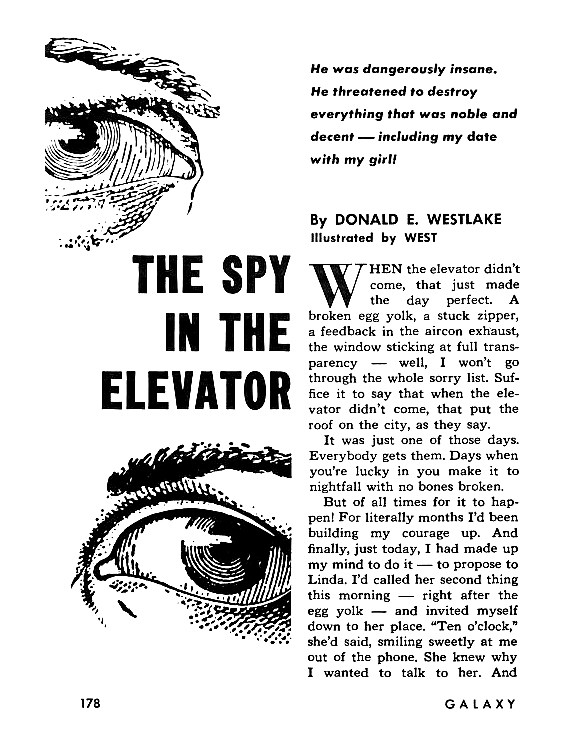
Posted by Jesse WillisBecome a Patron!
 Reading, Short And Deep #224
Reading, Short And Deep #224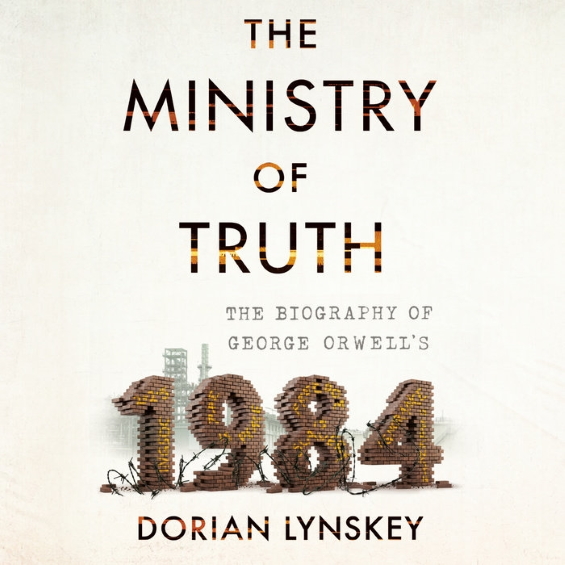
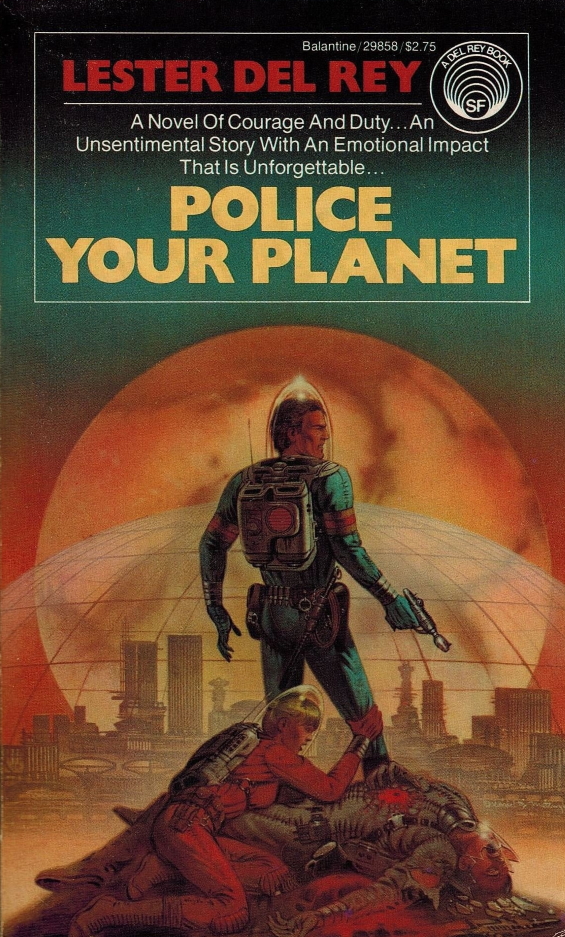
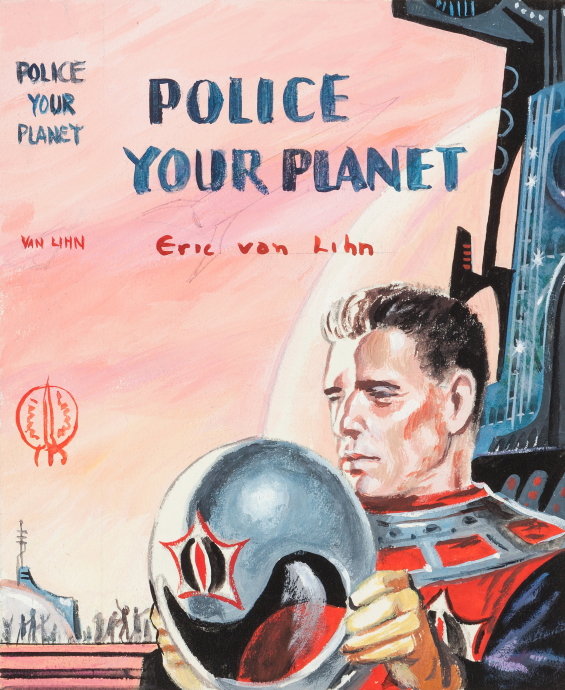
 The SFFaudio Podcast #522 – Jesse,
The SFFaudio Podcast #522 – Jesse, 